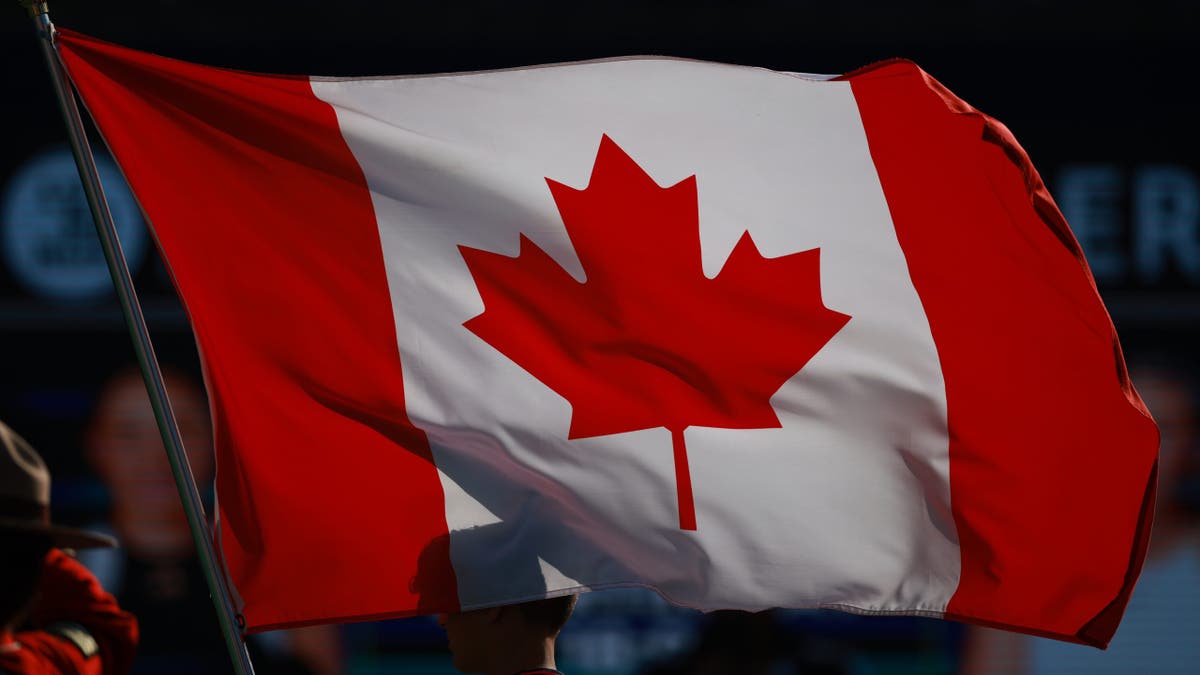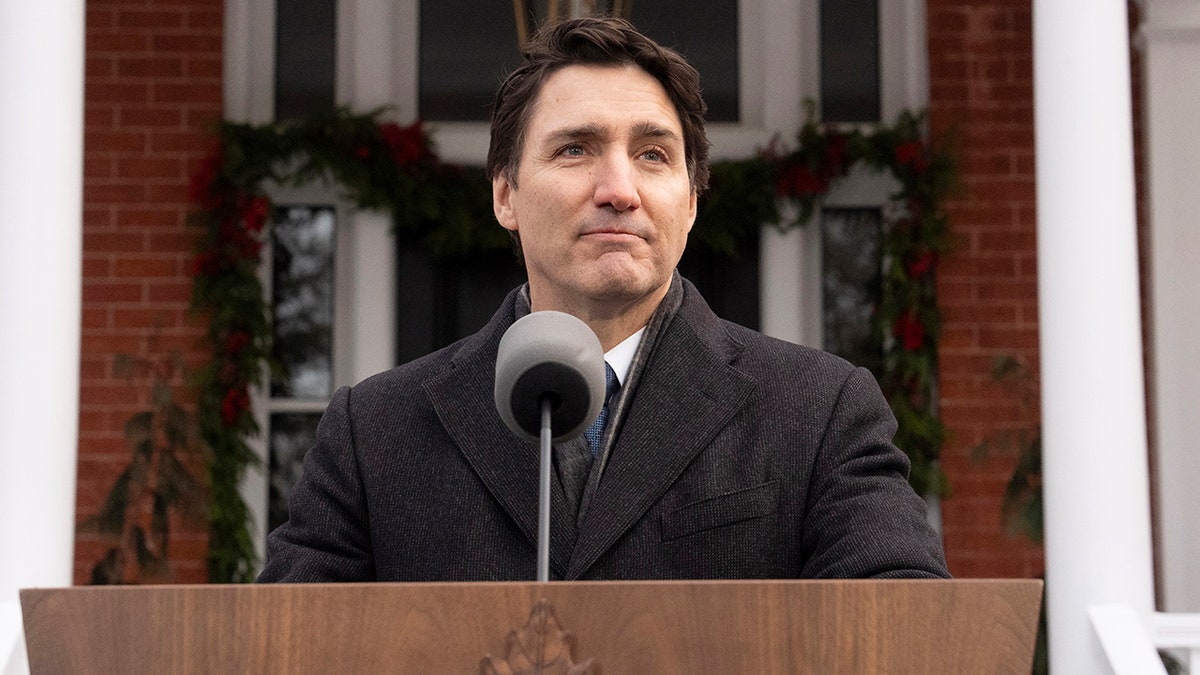Former prominent Canadian Liberal politician Michael Ignatieff offers a critical analysis of how the liberal establishment lost its way, leading to a series of political setbacks in the Western world. From Justin Trudeau's departure from Canadian leadership to other losses, Ignatieff, once a key figure in the Liberal Party of Canada, reflects on the movement's missteps.
In a recent article, Ignatieff, now associated with a university linked to George Soros, argues that liberalism needs to rediscover its core meaning. He points to the changing demographics in Canada and how the concept of diversity, initially an ideology, morphed into a rigid system of speech and behavioral policing, particularly affecting the white working class.
Ignatieff suggests that the liberal elite embraced diversity without recognizing the anxieties it created among non-elite white citizens. This, he contends, led to the establishment of codes of conduct aimed at enforcing diversity as a cultural standard.

The consequence, according to Ignatieff, was the creation of a "diversity and inclusion industry" that prioritized justice but employed coercive tactics. Liberals became trapped by their own ideology, silencing internal dissent and prioritizing arguments based on identity rather than merit.
This ideological rigidity, Ignatieff posits, created a political vacuum filled by extremist viewpoints catering to those neglected by the liberal establishment. By the 2020s, he observes, liberals began to retreat from their own self-righteousness, realizing the alienation it caused.
The repercussions were significant. Traditional liberal parties witnessed their working-class base erode while multicultural support fragmented into identity-based groups. Ignatieff connects these trends to his own political downfall in 2011, viewing his defeat as a judgment on a liberalism consumed by self-importance.

However, Ignatieff believes defeat offers valuable lessons. He emphasizes the importance of upholding liberal values even during challenging times, highlighting the enduring strength of liberalism in shaping individual aspirations.
This introspective analysis by a former insider provides a thought-provoking examination of the challenges facing contemporary liberalism.
Comments(0)
Top Comments